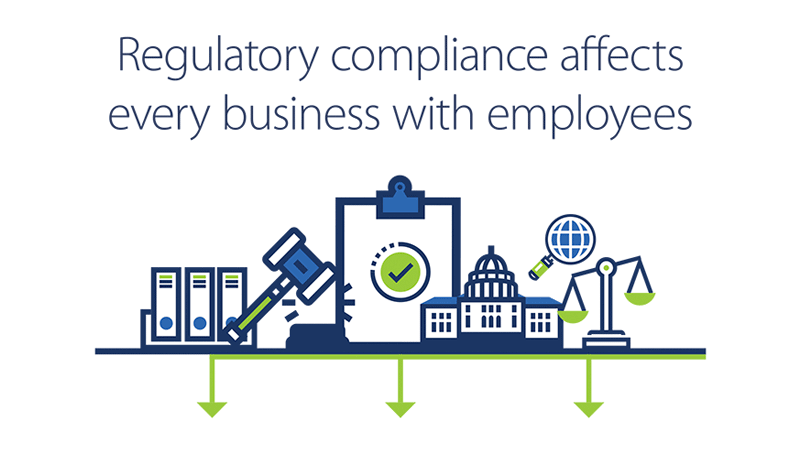Organizations are always looking for ways to improve processes. Many leaders prioritize efforts that increase sales, or maximize ROI on marketing efforts. They also care about enhancing the way employees connect, collaborate, and sync up across different locations, including satellite offices. Time and Attendance Software for Satellite Offices These days, business happens almost anywhere, and […]
Read More >Are Your Overtime Hours Causing Burnout?
- Trever Fischer

Overtime. Currently the word might conjure images of a tied game and tired soccer players (Argentina and Netherlands anyone?) competing for the World Cup. But in the business world, overtime results in more than a tired body and a winning team.
How many employees do you know who consistently work overtime? More importantly do you know why they are working those extra hours? Sometimes it is the employer’s choice. Take this situation for example: The amount of work on an employee’s plate has increased due to layoffs. The manager may consider it more effective short term to allow the employee to work overtime in lieu of hiring another employee to balance the amount of work. Sometimes it is the employee’s choice. The employee holds a specific skillset, program, or piece of equipment that no one else possesses or has access to. His territorial behavior not only extends his work hours but also hinders his colleagues’ development by denying them cross-functional training. It is also possible that the employee does not actually need the extra hours to complete her responsibilities, but works leisurely to extend her hours and gain extra pay. And of course, there is the coveted diligent and hard-working employee who genuinely wants to do right by the company, and so works overtime to get the job done.
While some of these reasons seem worthwhile to the company, and others are down right frustrating, is a single one of them actually beneficial to anyone? The effects of working overtime are not generally favorable. Many equate more hours worked with higher productivity, but once an employee surpasses a certain number of hours, the amount of work produced can actually turn negative. (Want more clarification? Read this) Whether the employee is rushing to finish his work, or exhausted from the long hours, he begins to make errors and his quality of work decreases. The lack of time away from work can mean less time with family, fewer hours of sleep and an increase in stress, all contributing to an increase in absenteeism. According to the Centers for Disease Control and Prevention “overtime [is] associated with poorer perceived general health, increased injury rates, more illnesses, or increased mortality.” Essentially, all of these effects lead to one all-inclusive effect: employee burnout.
Is the cost of an unproductive, unhappy, and potentially hazardous employee less than hiring an additional employee? In the short run, it might seem so. Want to know more about how the number of hours your employees work affects your company? Watch for my blog on vacation hours and how employee’s use, or lack of, can impact your business.




